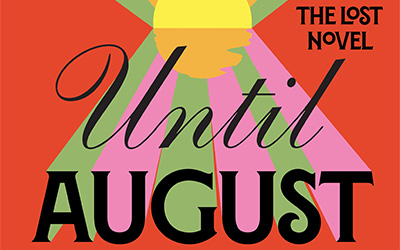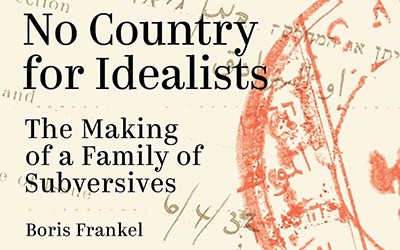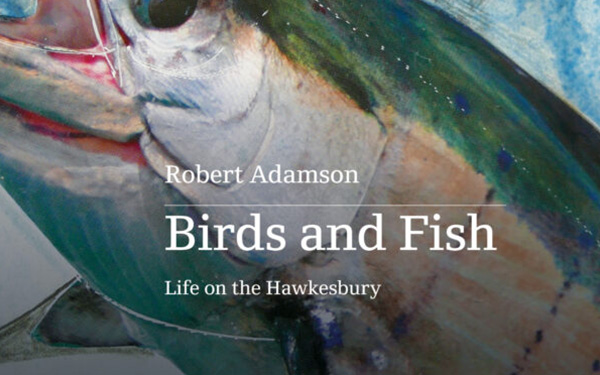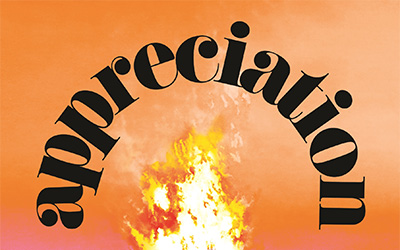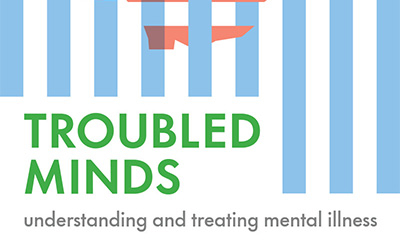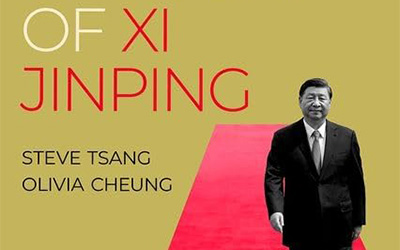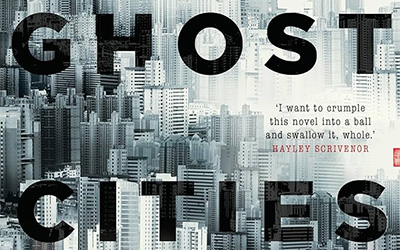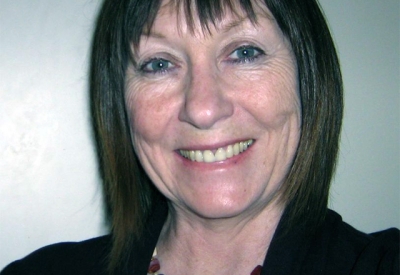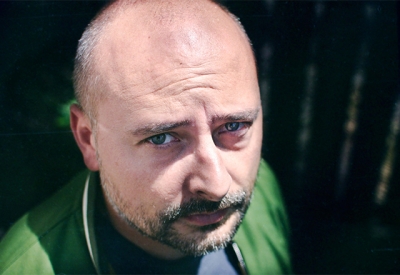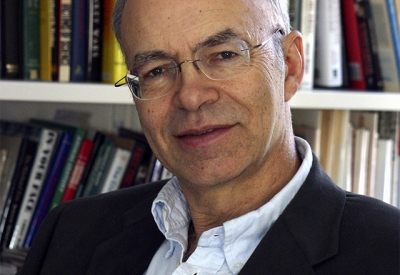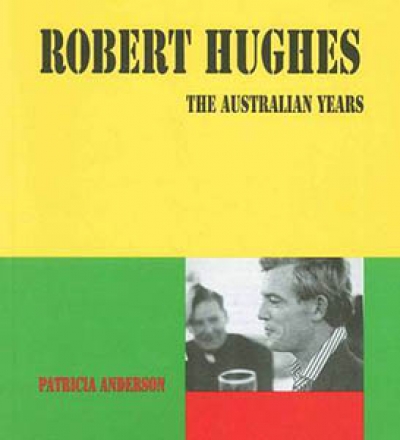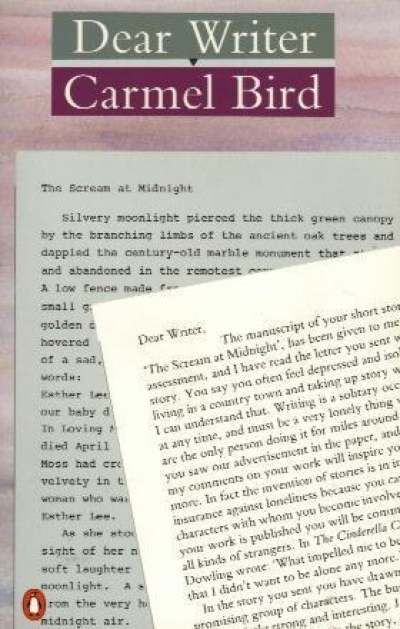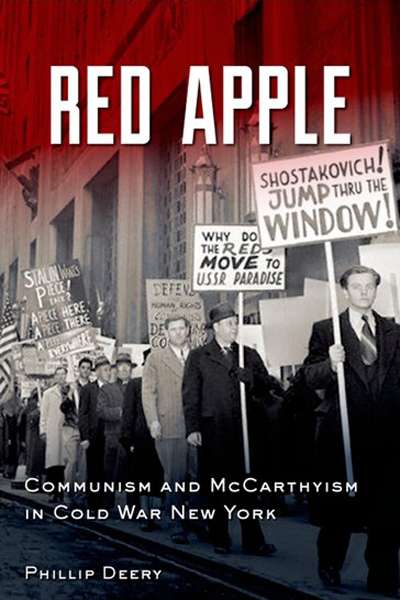Fiction
Until August by Gabriel García Márquez, translated by Anne McLean
In Gabriel García Márquez’s most famous novel, One Hundred Years of Solitude (1967), Colonel Aureliano Buendía twice requests that his poetry be destroyed – first when he is in prison, preparing to face the firing squad. He hands his mother a roll of sweat-stained poems and instructs her to burn them. ‘Promise me that no one will read them,’ he says. His mother promises, but does not burn the poems. Years later, as a different family member is about to light the oven, the colonel hands her the same roll of yellowed papers. ‘Light it with this,’ he says. When she refuses, the colonel feeds the poems to the fire himself.





